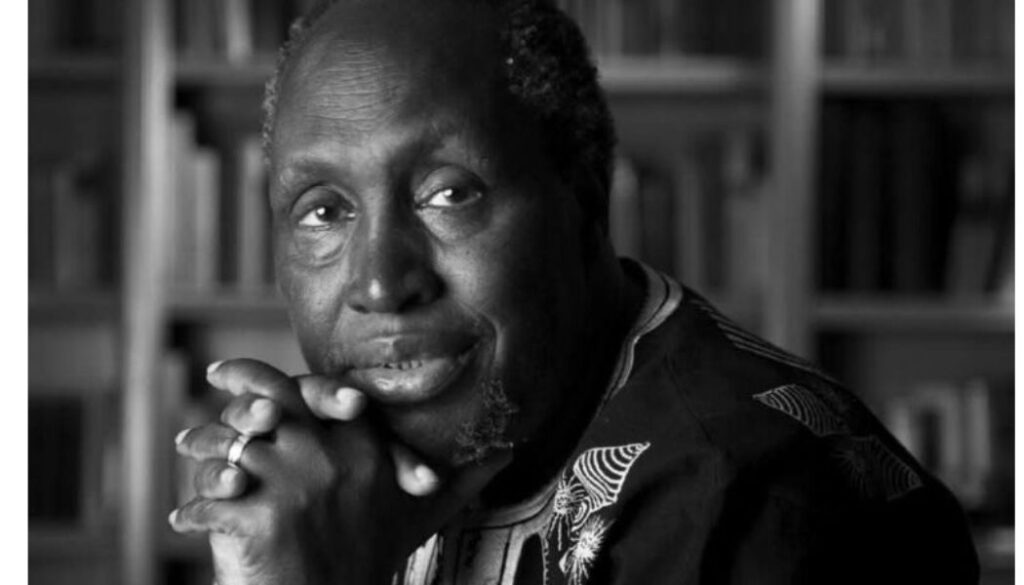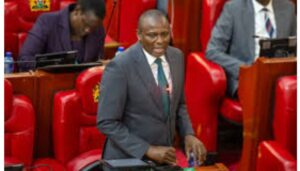Prof Ngugi wa Thiong’o’s remains cremated in the US as per his wishes

Prof Ngugi wa Thiong'o's remains cremated in the US as per his wishes
Renowned Kenyan author and scholar Ngugi wa Thiong’o has been cremated in the United States, eight days after his death, by his final wishes, his family has said.
The 87-year-old literary giant died on the morning of Wednesday, May 28, after a prolonged struggle with health complications, including kidney issues and limited mobility.
“It is with a heavy heart that we announce the passing of our dad, Ngugi wa Thiong’o, this Wednesday morning, May 28 2025. He lived a full life, fought a good fight. As was his last wish, let’s celebrate his life and his work. Rîa ratha na rîa thŭa. Tŭrî aira,” said his daughter, Wanjiku wa Ngugi.
Ngugi’s son, Mukoma wa Ngugi, confirmed the cremation saying it was done as per his father’s final request.
“Professor Ngugi wa Thiong’o’s remains were cremated in the U.S. following his last wish,” said Mukoma on Thursday, June 6.
The family has also indicated that a celebration of his life will be announced soon. His son, Nducu wa Ngugi, is expected to release further details.
Ngugi, born James Ngugi in 1938, was one of Africa’s most celebrated writers and thinkers. Known for his works in both English and Gikuyu, he championed the use of indigenous languages in literature.
Ngunjiri Wambugu reveals why he fell out with Rigathi Gachagua
Governor Cecily Mbarire skips Ruto’s State House meeting
President Ruto hosts Gov Orengo, Raphael Tuju among other Siaya leaders
Tanzania shuts down X because of pornographic content
ODM MP accuses Gachagua of planning DP Kindiki heckling in Nyeri
Salasya hits back at UDA Governor for mocking his presidential bid
His short story The Upright Revolution: Or Why Humans Walk Upright has been translated into more than 100 languages.
Ngugi rose to international prominence in the 1960s and 70s through his powerful novels and essays that explored colonialism, cultural identity and resistance.
In 1977, his co-authored play Ngaahika Ndeenda (I Will Marry When I Want) was banned shortly after its premiere, leading to his detention without trial. Amnesty International later named him a prisoner of conscience.
He leaves behind a legacy that defied oppression and redefined African literature.
“Government allied politicians also continued with attacks on the Judiciary in 2023 whenever it faulted the Ruto administration for illegalities and irregularities in implementing government projects,” said Eric.
MP claims life in danger over organ transplant syndicate
Details of the Chikungunya disease reported in Mombasa
Government launch investigations over misuse of diabetes drug being used for weight loss
Trump bans travel to US by nationals from 12 countries
Car prices to increase from July as KRA introduces new Current Retail Selling Price (CRSP)
Follow us




